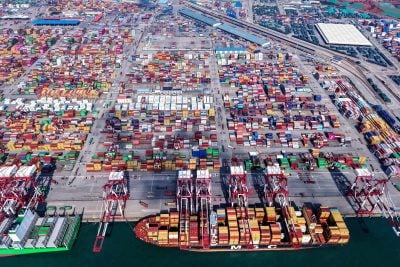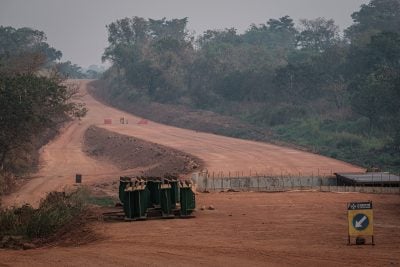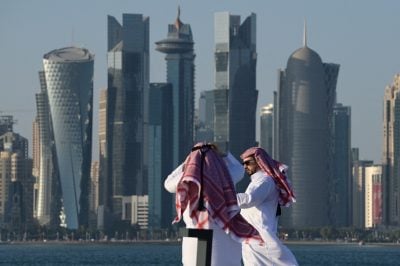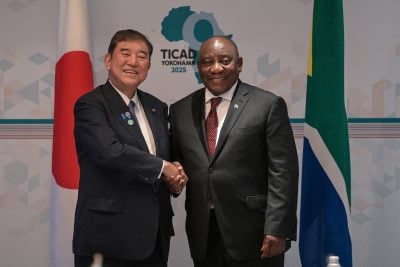The disastrous civil war in Ethiopia continues to escalate with startling rapidity.
A conflict once confined to the Tigray region has now become a national conflagration with immense regional implications, as rebel forces of the Tigray People’s Liberation Front (TPLF) continue their march on the capital in a bid to oust prime minister Abiy Ahmed.
The international community has belatedly woken up to the seriousness of the conflict, a year into a brutal war marked by ethnic massacres, starvation, and tens of thousands of deaths. On 24 November, the UK urged its citizens to “leave Ethiopia now”, warning that it is “likely to become much more difficult to leave Ethiopia in the coming days”.
In a sign of the government’s increasing desperation, Abiy Ahmed vowed on 23 November that he will lead his country’s army on the battlefront, the latest in a series of aggressive messages from a once-fêted leader who continues to dial up the rhetoric even as the war draws closer to his capital.
The prime minister’s intransigence in the face of a worsening situation has appalled former well-wishers in the international community, who have attempted in vain to prevent the slide to all-out war.
In early November, Ethiopia was one of three African countries to be suspended from the United States’ African Growth and Opportunity Act (AGOA) due to what President Joe Biden said were “gross violations of internationally recognised human rights.”
The US has also sanctioned individuals from opposing sides involved in the war. On the morning of 23 November, it was reported that Ethiopia had expelled four of the Republic of Ireland’s six diplomats in the country due to positions Ireland has articulated on the crisis.
Increasingly isolated, Abiy Ahmed will never again enjoy the reputation that saw him awarded the Nobel Peace Prize in 2019 after making peace with Ethiopia’s bitter foe Eritrea. Yet it is not too late to learn from the lessons of the prize and prevent Ethiopia from slipping further into the abyss.
Risk of total ruin
US envoy Jeffrey Feltman warned that “nascent progress” on a ceasefire risks being outpaced by an alarming increase in military operations. With hundreds of thousands already menaced by famine, a further widening of military operations risks total ruination for the civilian population.
The TPLF and the government – both of whom were insisting in late November that they were close to victory – should realise that attempting to impose a military solution on Ethiopia’s delicate patchwork of ethnic groups is unlikely to work.
Instead, both sides must return to the negotiating table. The African Union, led by its negotiator, former Nigerian President Olusegun Obasanjo, and the US, represented by Feltman, are working hard to combine their diplomatic efforts and guide the parties back to the table. It might be the last chance for Ethiopia to avoid calamity.
Want to continue reading? Subscribe today.
You've read all your free articles for this month! Subscribe now to enjoy full access to our content.
Digital Monthly
£8.00 / month
Receive full unlimited access to our articles, opinions, podcasts and more.
Digital Yearly
£70.00 / year
Our best value offer - save £26 and gain access to all of our digital content for an entire year!

 Sign in with Google
Sign in with Google 





